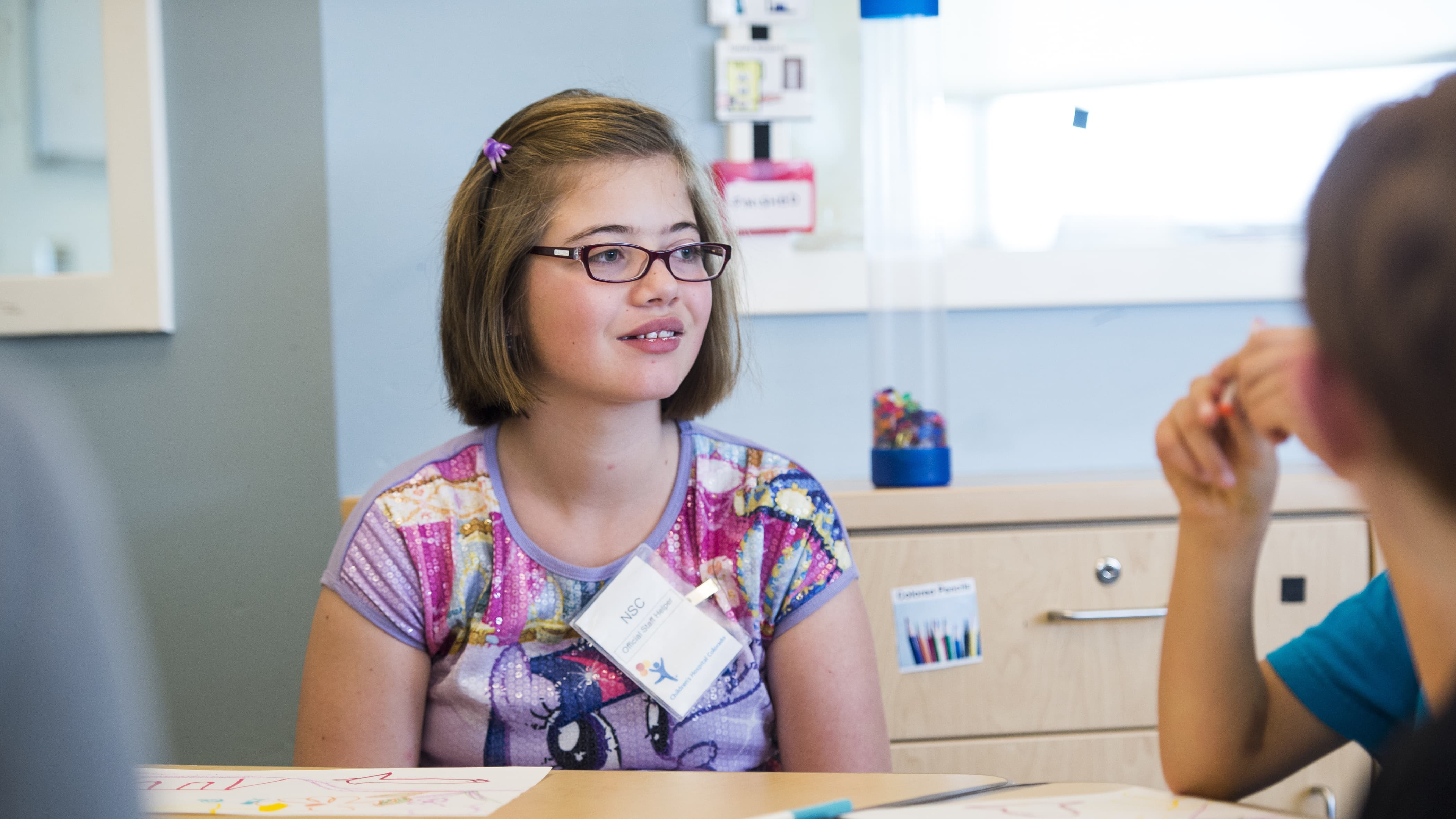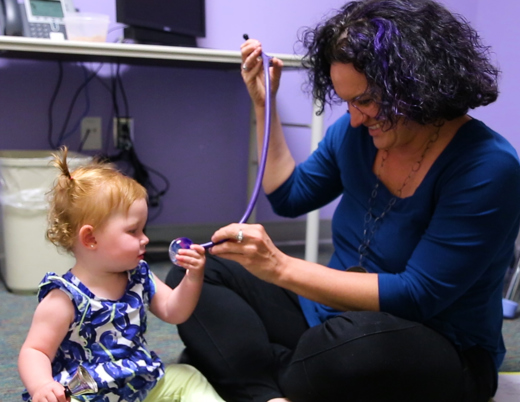Key takeaways
-
Children with autism or suspected autism who participated in a school-based cognitive behavior therapy (CBT) program called Facing Your Fears showed significant reductions in anxiety compared to students who did not receive the program.
-
Interdisciplinary school providers were successfully trained by their colleagues and research team members using a train-the-trainer (TTT) approach to deliver Facing Your Fears and showed improvement in their understanding of CBT approaches following the training.
-
This study opens the door for school-based anxiety interventions that could increase access to mental health care for autistic children.
-
Training interdisciplinary providers to offer evidence-based mental health care in schools could help address the pediatric mental health crisis.
Research study background
Anxiety among autistic children is common, negatively affecting them at home, with friends and in the classroom. Mental health care can help these children cope, but accessing community-based care can be difficult — particularly among children from historically underserved backgrounds. Providing evidence-based mental health programs in schools for autistic children who also experience anxiety may reduce barriers and increase access to care.
This is the first known study to train mental health and non-mental health school providers using a TTT approach to deliver CBT to students with autism (or suspected autism) and anxiety in elementary and middle public schools. In a TTT approach, a cohort of experienced school providers are trained in an evidence-based practice to then train their colleagues to deliver the same services.
Interdisciplinary school providers were trained in the school-based Facing Your Fears program, which is designed to address anxiety in autistic children. The group CBT intervention was adapted for delivery in schools.
It includes psychoeducation — such as identifying anxious symptoms and using positive self-statements — and graded exposure practice to face fears a little at a time. There are worksheets, “hands-on” activities and video modeling.
Across 25 elementary and middle schools, 77 interdisciplinary school providers were trained by colleagues and members of the research team.
In the type 1 hybrid-effectiveness cluster randomized trial led by Pediatric Mental Health Institute and JFK Partners researchers at Children’s Hospital Colorado, 81 students ages 8–14 with autism were randomly assigned to either school-based Facing Your Fears or usual care.
Parents reported that students who participated in Facing Your Fears showed significant reductions in total anxiety, separation and social anxiety subscales compared to students in usual care. Students self-reported significant reductions on the social anxiety subscales.
Researchers also examined changes in interdisciplinary school providers’ CBT knowledge after Facing Your Fears training. These providers were able to deliver most Facing Your Fears activities with treatment fidelity.
The positive results of this study are encouraging after the first year of the three-year study. Training interdisciplinary school providers to deliver school-based Facing Your Fears may increase access to care for anxious autistic students.
“Our hope for this research is that autistic youth will be able to access evidence-based mental health care in schools — increasing access to care and decreasing the need for long waitlists in community settings.”
- Judy Reaven, PhD
Clinical implications
Despite strong evidence for the effectiveness of CBT approaches that are modified for children with autism, there remain significant barriers to accessing mental health care. This can be because of a lack of trained providers, long waitlists, therapy costs and difficulty making appointments during work and school hours.
Training more interdisciplinary providers to offer evidence-based school anxiety interventions can significantly increase access to care for autistic children. In particular, children from low-income households and other underserved communities are more likely to access services only in school.
This study demonstrates the effectiveness of a CBT approach in school to address anxiety for autistic children. The current mental health crisis and limited access to care supports the ongoing need for rigorous research.
Featured researcher

Judy Reaven, PhD
Clinical psychologist
Developmental Pediatrics
Children's Hospital Colorado
Professor
Psychiatry, JFK Partners
University of Colorado School of Medicine





 720-777-0123
720-777-0123










